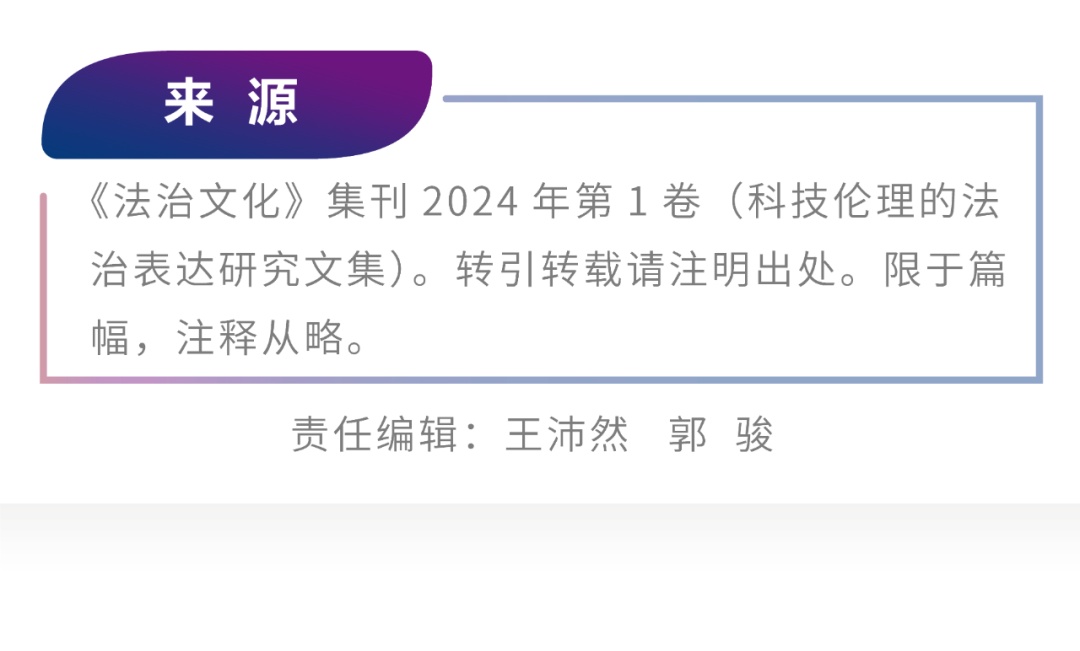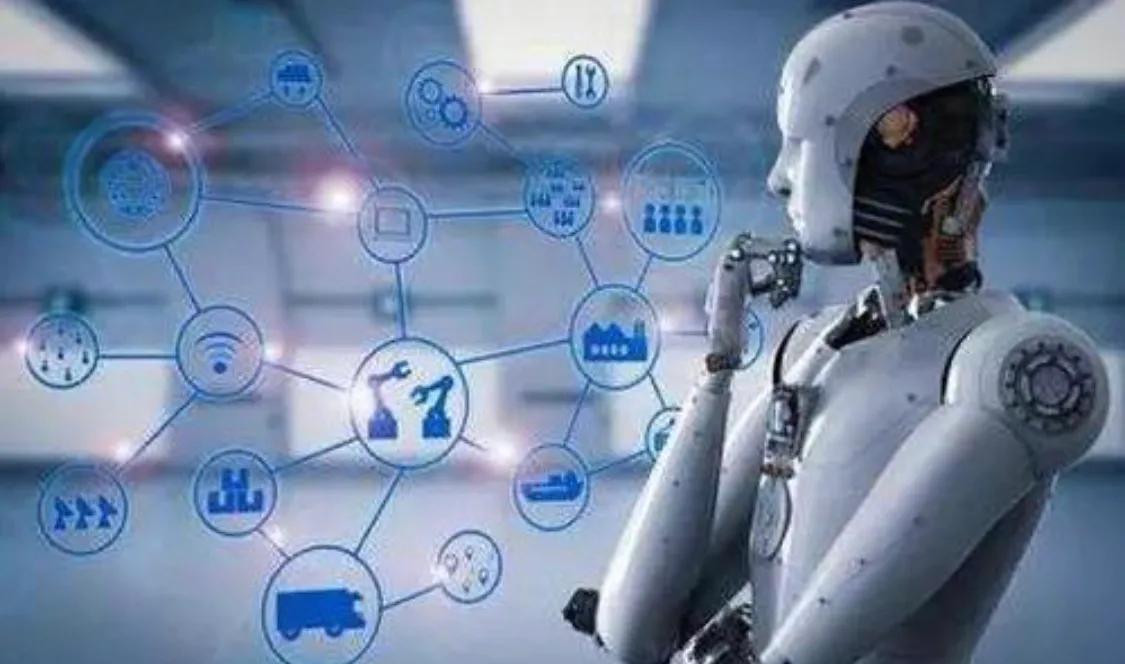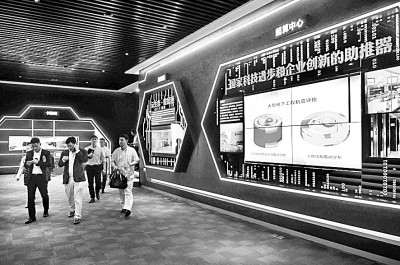Title: Artificial Intelligence Ethics Controversy: Five Triggered By MIT Professors’ Dispute In Manus
Title: Artificial Intelligence Ethics Controversy: Five Triggered By MIT Professors’ Dispute In Manus
With the rapid development of artificial intelligence technology, a new AI system called
Title: Artificial Intelligence Ethics Controversy: Five Challenges and Thoughts Aroused by Professor MIT’s Discussion on Manus
With the rapid development of artificial intelligence technology, a new AI system called "Manus" has become the focus of academic attention due to its powerful generation capabilities and potential impact.
Recently, in a public debate held by MIT, several top professors had heated discussions about the ethical crisis that Manus might bring.
This dialogue not only reveals the urgent problems to be solved in the development of artificial intelligence, but also triggers a profound reflection on the relationship between technology and humanity in the future.
First of all, privacy protection is one of the primary ethical challenges faced by Manus.
As a tool that deeply learns user behavior and generates highly personalized content, Manus inevitably needs to collect large amounts of sensitive data.
However, how to ensure that this information is not abused or leaked has become a major challenge for developers.
Professors point out that although current technologies already have certain encryption capabilities, with the advancement of hacking technology and quantum computing, the future privacy defense line may be vulnerable.
Therefore, it is particularly important to establish a stricter data supervision mechanism and transparent information processing processes.
Secondly, algorithm bias is also a problem that cannot be ignored.
Since the selection of training datasets often bears historical and socio-cultural imprints, Manus may inadvertently amplify the disadvantages of certain groups and even aggravate social inequality.
For example, in areas such as recruitment, judicial judgments, etc., if the AI system fails to fully consider diversity factors, it may lead to discriminatory results.
In this regard, experts recommend reducing the risk of deviation by introducing diversified data sources and continuous monitoring mechanisms, and call on all sectors of society to participate in the formulation of fair and reasonable evaluation standards.
Third, the definition of responsibility ownership is also complex.
Who should bear the responsibility when the content output by Manus causes serious consequences?
Is it a development company, a user or a society as a whole?
There is no clear answer to this question, but it is directly related to whether the legal framework can effectively deal with the impact of emerging technologies.
Some scholars advocate setting up special agencies to supervise the compliance of AI products and require all relevant parties to sign clear liability agreements; some believe that consumers should be given more right to know and let them judge for themselves the risk of accepting specific services.
Fourth, the blurred boundaries of autonomous consciousness have triggered discussions at the philosophical level.
Although Manus is still in the tool attribute stage at present, with the advancement of technology, super agents with similar human thinking patterns may appear in the future.
This will force us to revisit traditional concepts such as “life” and “rights” and think about whether machines should have some form of rights or obligations.
In response, some researchers proposed a gradual strategy to set corresponding norms at different stages of development; while others warned that prematurely conferring moral status to non-biological subjects may have unpredictable consequences.
Finally, the uncontrollable development speed poses the last major hidden danger.
Faced with exponentially growing technological iteration cycles, does humans have enough time to adapt and adjust their behavior?
Especially in key areas such as national security and economic order, once a country takes the lead in mastering the advantages of core technologies, a new hegemony pattern may be formed.
Therefore, it is necessary for the international community to strengthen cooperation and jointly formulate unified industry standards and technical standards to prevent vicious competition from harming global interests.
To sum up, this debate around Manus sounds a wake-up call for us - no matter how advanced the technology is, it must ultimately serve the well-being of people.
Only by adhering to an open and inclusive attitude and taking into account efficiency and security, innovation and ethics can we truly realize the beautiful vision of human-machine symbiosis.
As one professor involved in the discussion put it: “Artificial intelligence is not a disaster, but it is not a master key.
We need to guide it wisely.
”





